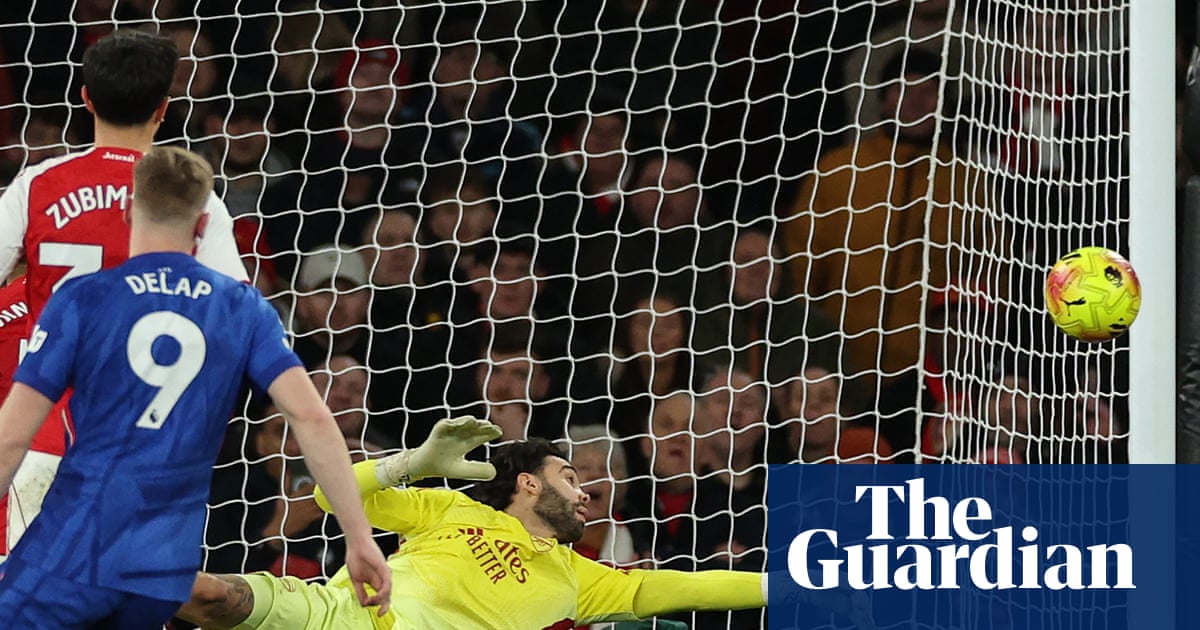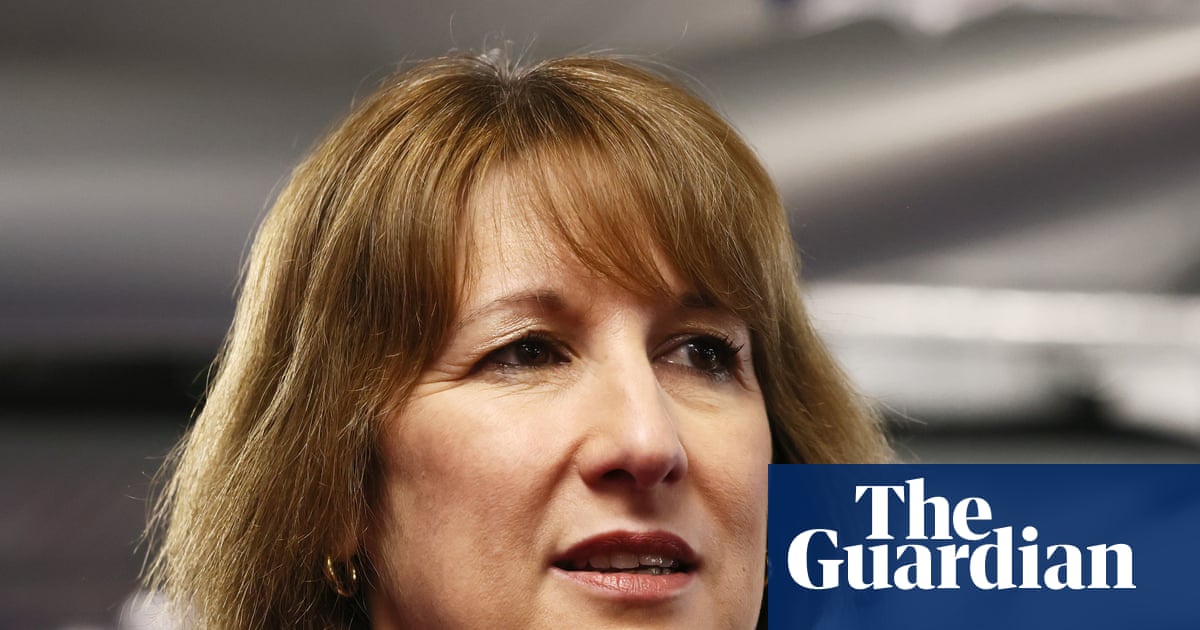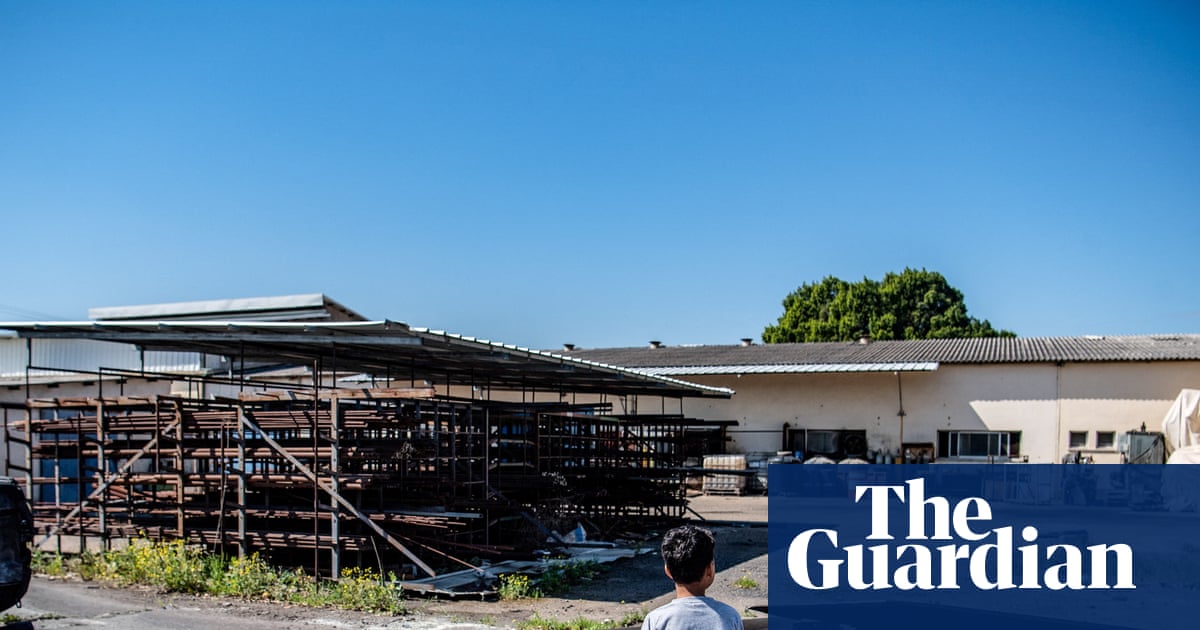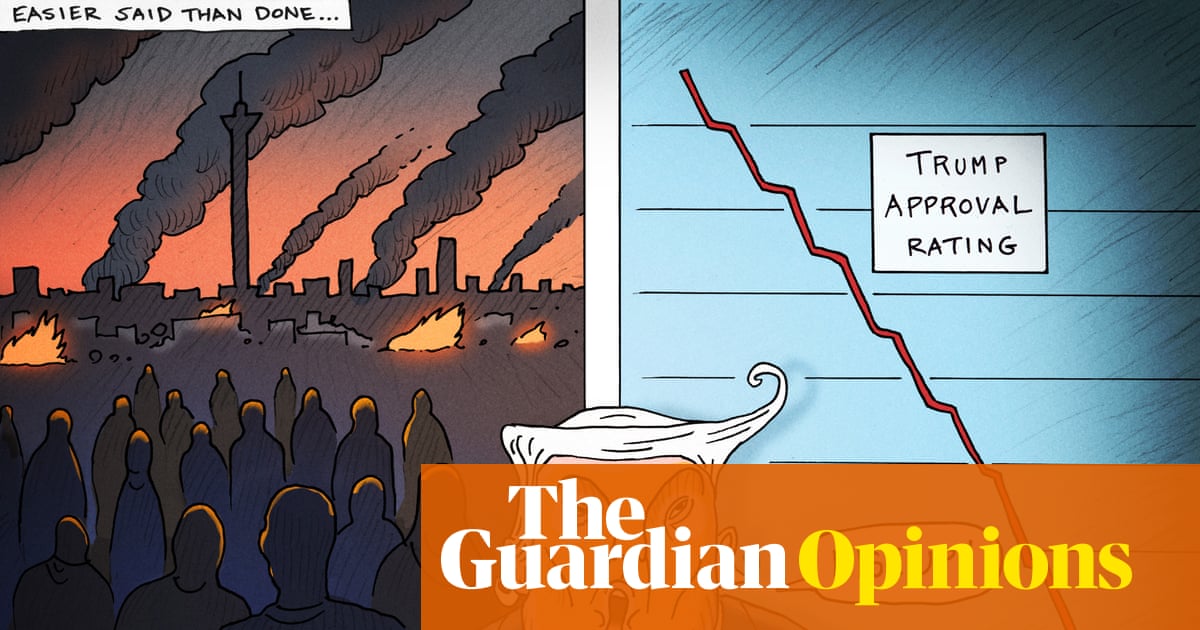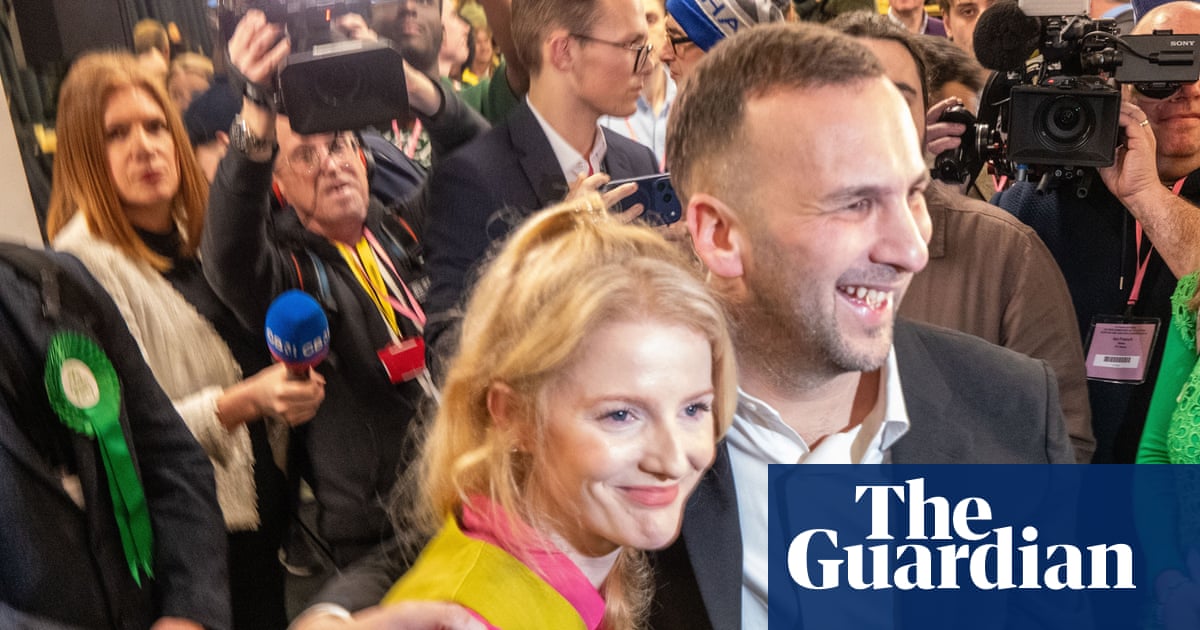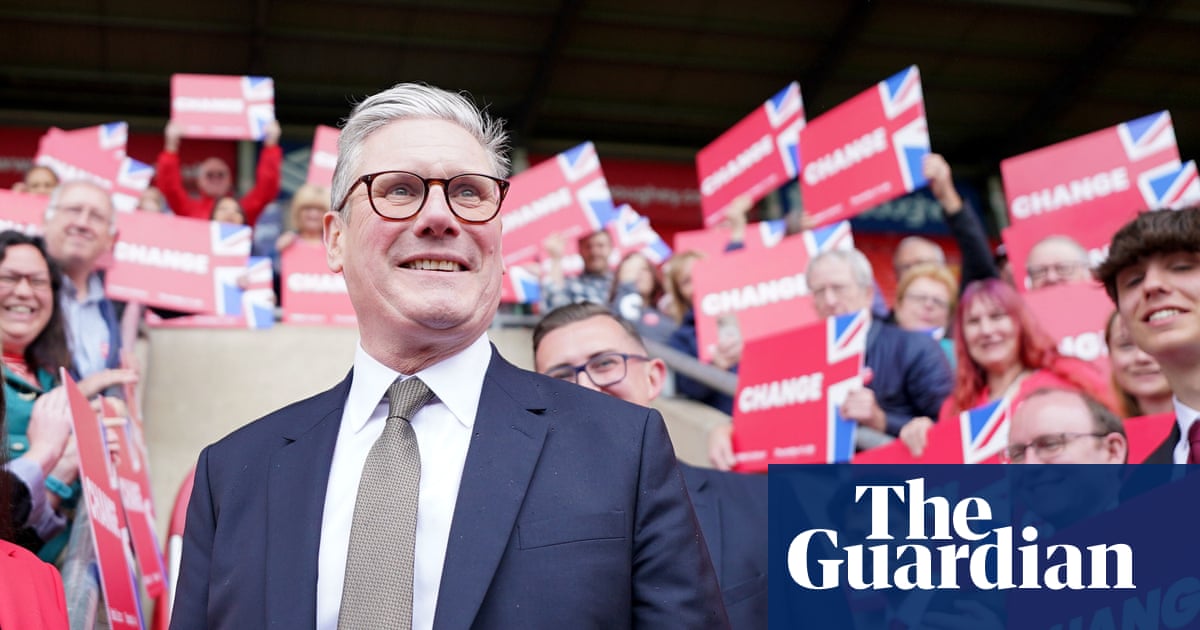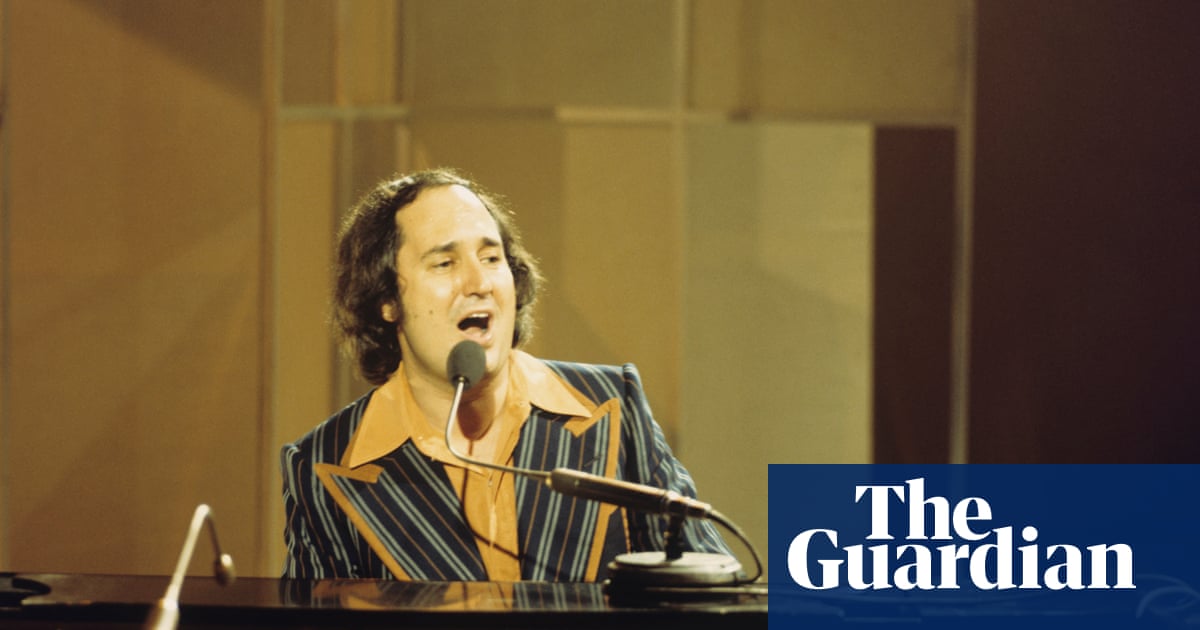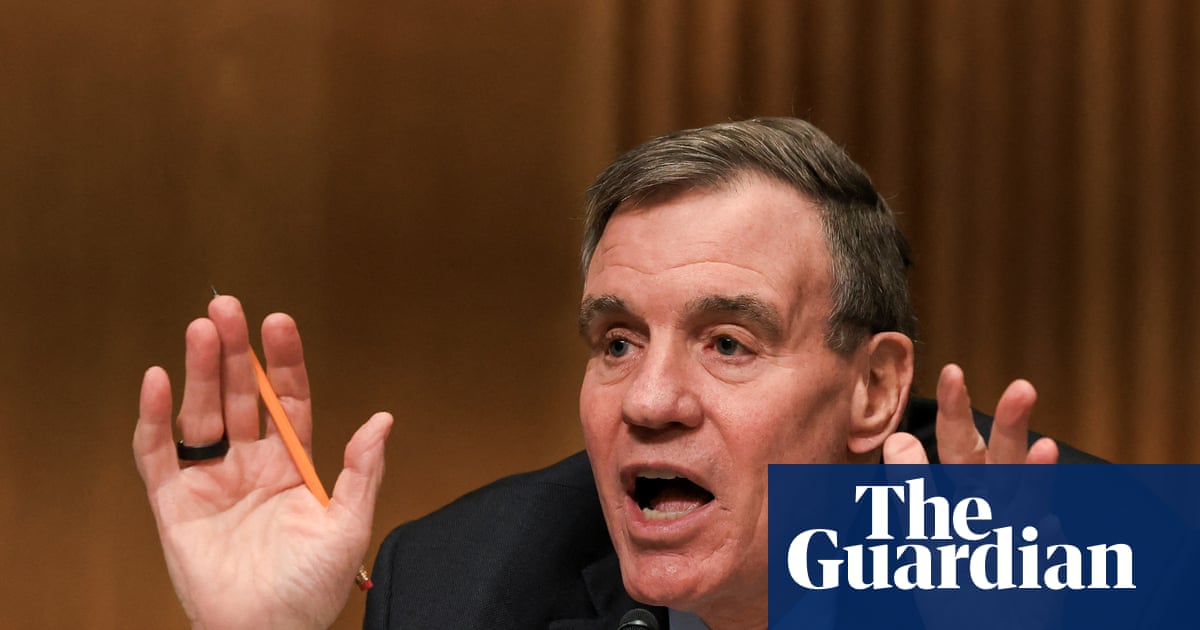Labour should stand by its manifesto commitment not to raise income tax, national insurance or VAT, its deputy leader, Lucy Powell, has said in a challenge that will put pressure on Rachel Reeves.
With the Treasury examining whether to raise income tax to plug a £30bn fiscal hole, Powell said it was “really important we stand by the promises we were elected on and do what we said we would do”.
She said: “Trust in politics is a key part of that because if we’re to take the country with us then they’ve got to trust us and that’s really important too. We should be following through on our manifesto, of course. There’s no question about that.”
Powell made the significant intervention on BBC Radio 5 Live, calling at the same time for the two-child benefit cap to be lifted in full rather than softened.
She said she wanted a “budget of fairness”, with more money being put into people’s pockets, rather than less, and one with a “strong Labour story about how we are rewiring the country in the interests of the many not just the few”.
Her remarks are likely to be uncomfortable for the chancellor and Keir Starmer as both have in recent weeks declined to repeat their commitments to stand by the manifesto pledge on tax.
The government has been looking at the possibility of raising income tax as a way of giving a substantial boost to the public finances and leave an extra buffer for potential financial shocks.
Reeves gave a speech this week that was widely interpreted as making the case for tax rises to allow greater investment in public services.
“It is important that everyone – the public and politicians – understands that reality. The less we spend on debt interest, the more we can spend on the priorities of working people … our NHS, our schools, our national security … the public services essential to a decent society and a strong economy,” she said.
However, it is still not certain that Reeves will opt for a rise in income tax, which could raise £7bn, instead of an array of smaller tax measures. The final forecasts have not yet been presented to the chancellor, meaning the decisions are still to be taken.
Powell’s intervention before the budget is a sign that she is willing to question the dominant thinking in Downing Street, after she won the deputy leadership election on the back of promising not to “sugar-coat” her views.
She is in a unique position to challenge Starmer and Reeves as the party’s deputy leader, who was chosen last month by the membership to replace Angela Rayner ahead of the government’s choice, Bridget Phillipson. Powell had previously been pushed out of her job as leader of the House of Commons by the prime minister at the reshuffle after the summer recess and is not bound by collective responsibility.
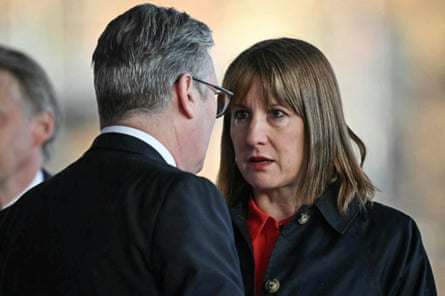
The deputy leader’s statements echo the concerns of a number of Labour MPs who are privately worried about the impact on trust of breaking a manifesto pledge and Reeves’s own claim last year that she would not come back to the public with further tax rises.
Cabinet ministers appear to be largely resigned to the idea of raising income tax, rather than fiddling with a large number of small tax measures, having bought the argument that it is better to make a big tax-raising move relatively early in the parliament.
However, some backbenchers are concerned that it is a “dangerous moment” for the government to be seen as going back on a promise and that it may not be forgiven by the electorate.
“The two major reasons people are leaving us is they perceive we broke our promises and secondly because of the cost of living. This entrenches that,” one Labour MP said.
“Emotionally, colleagues don’t feel the same way about this as with welfare. But before Rishi [Sunak, the former Conservative PM] raised national insurance in 2021, it ‘polled’ well. Not when it hit the ground. But it’s hard to go to chancellor and say don’t do X when everything has to add up.”
In her BBC interview, Powell also said the two-child benefit cap “should be lifted in full” as a matter of urgency to deal with “grotesque levels” of child poverty.
“Every year that passes with this policy in place, another 40,000 minimum, 40,000 children, are pushed into deep levels of poverty as a result of it and that’s why it is urgent that we do lift it and we lift it in full.”
Reeves is believed to be looking at only partly lifting the two-child benefit cap affecting universal credit, after the government previously hinted earlier in the autumn that it would be scrapped entirely. Instead, she is thought to be considering smaller measures that would go some way to blunting its impact.
The Guardian first reported last month that Reeves was considering raising income tax to help reduce a shortfall, expected to be between £20bn and £30bn, after a bigger-than-expected downgrade in productivity forecasts.
However, government insiders believe the economic landscape to be less gloomy than predicted, which may allow Reeves to avoid the problem of breaking the manifesto pledge. While the Office for Budget Responsibility’s productivity downgrade has created a headache, they point out that a fall in debt financing costs and more people coming into the jobs market may help limit the damage.
Powell’s spokesperson later clarified that she would support the chancellor whatever the decisions made in the budget, which will be taken by Reeves and Starmer.
A spokesperson for Powell said: “As Lucy made clear in the interview the chancellor and prime minister make decisions on the budget in the round. As the chancellor said this week the context for this budget is particularly difficult and Lucy will continue to support them on these issues.”
Downing Street had no comment on Powell’s remarks.

.png) 3 months ago
79
3 months ago
79
